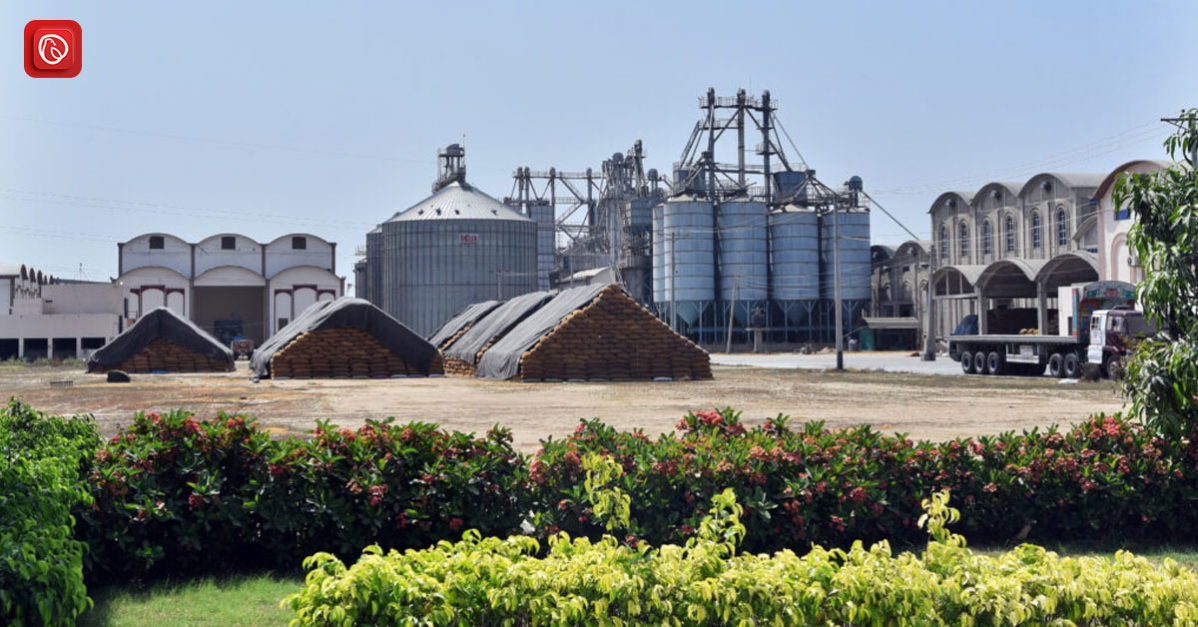
Rice, a dietary staple for millions worldwide, is a cornerstone of Pakistan’s agriculture and economy. With fertile lands and a favourable climate, the country has emerged as one of the largest producers and exporters of rice globally. Among the various elements that drive the rice industry, rice mills in Pakistan hold a critical place.
These mills bridge the gap between paddy harvested from the fields and the polished grains that reach our tables. They play a pivotal role in ensuring the production of high-quality rice suitable for domestic consumption and international markets. In this blog, Graana.com delves deep into the world of rice mills in Pakistan, exploring their significance, challenges, and future prospects in detail.
Let’s shed some light on the rice mills in Pakistan:
Pakistan’s geography is particularly suited for rice cultivation, with expansive plains and an intricate network of irrigation canals. The following are the key regions that contribute to the country’s thriving rice industry:
Pakistan’s diverse agricultural practices allow for the cultivation of multiple rice types, each catering to specific markets and culinary needs:
The rice industry is not just an agricultural pursuit but a major economic pillar for Pakistan. Contributing significantly to the national GDP, rice is among the country’s top three exports. Pakistan accounts for over 8% of the global rice trade, and the industry supports millions of livelihoods, from farmers to mill operators and exporters.
Rice mills in Pakistan are the linchpin of the rice supply chain, transforming raw paddy into polished grains ready for consumption. Without these facilities, it would be impossible to maintain the quality and quantity demanded by both local and international markets. The various processes performed in rice mills include:
Modern rice mills in Pakistan have adopted advanced technologies, enabling them to improve efficiency, reduce waste, and ensure consistency in quality. This evolution has allowed Pakistani rice to compete effectively in global markets.
Pakistan boasts a range of rice mills, from small-scale units in rural areas to large, state-of-the-art facilities. Below is an overview of some of the most prominent rice mills in Pakistan that have set benchmarks in the industry:
With decades of experience, Matco Foods has established itself as a leader in the rice export market. Specialising in premium Basmati rice, the company exports to over 60 countries. Its commitment to quality assurance and innovation has earned it global recognition.
A household name in Pakistan, Guard Rice Mills is known for its high-quality Basmati rice. The company’s robust processing capabilities and extensive distribution network make it a trusted brand both locally and internationally. This mill is located in Raiwind, Lahore.
This company operates some of the most advanced rice mills in the country. Their focus on innovation and diversification allows them to cater to a broad spectrum of markets, offering a range of rice products.
Located in the heart of Punjab, Galaxy Rice Mills combines traditional methods with modern technology to produce top-notch Basmati and non-Basmati rice. Their products are a staple in households and restaurants alike.
A name synonymous with quality, Al-Barkat Rice Mills excels in meeting international food safety standards. Their rigorous quality control measures ensure that only the best rice reaches the market.
Pakistan’s rice export sector is a vital contributor to the country’s economy. The following factors highlight its potential:
The integration of technology has significantly enhanced the operational efficiency of rice mills in Pakistan. Notable advancements include:
While rice mills play a critical role in the industry, they are not without challenges. These include:
The future of rice mills in Pakistan is bright, provided the industry takes proactive steps to adapt to changing market dynamics. Key opportunities include:
Rice mills in Pakistan are the unsung heroes of Pakistan’s agricultural landscape. Their ability to process and refine raw paddy into high-quality rice ensures the country’s position as a global leader in the rice trade. However, to realise their full potential, it is imperative to address the existing challenges and invest in modernisation.
With the right strategies and a focus on sustainability, rice mills in Pakistan can continue to thrive, benefiting millions and contributing significantly to the nation’s prosperity. If you want to know more about sugar mills in Pakistan, visit the graana blog.
DUBAI: Pakistani real estate developers and representatives showcased a range of commercial and residential investment…
ISLAMABAD: Capital Development Authority (CDA) is currently undertaking a major Rs652 million project to upgrade…
Karachi – Mayor Barrister Murtaza Wahab has announced the launch of a citywide anti-encroachment operation…
ISLAMABAD: CDA Chairman Muhammad Ali Randhawa has directed the immediate restoration of 23 non-functional water…
ISLAMABAD: In a major relief for the real estate sector, the federal government has decided…
DHA Islamabad-Rawalpindi (DHAI-R), one of the most trusted names in Pakistan’s real estate landscape, is…